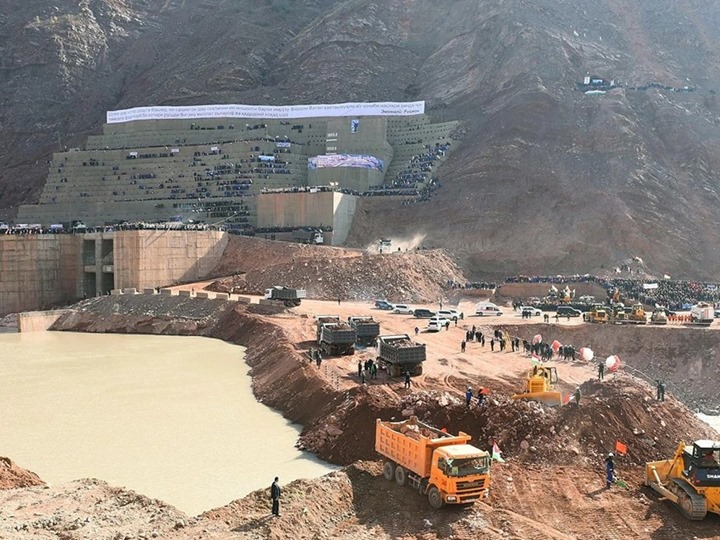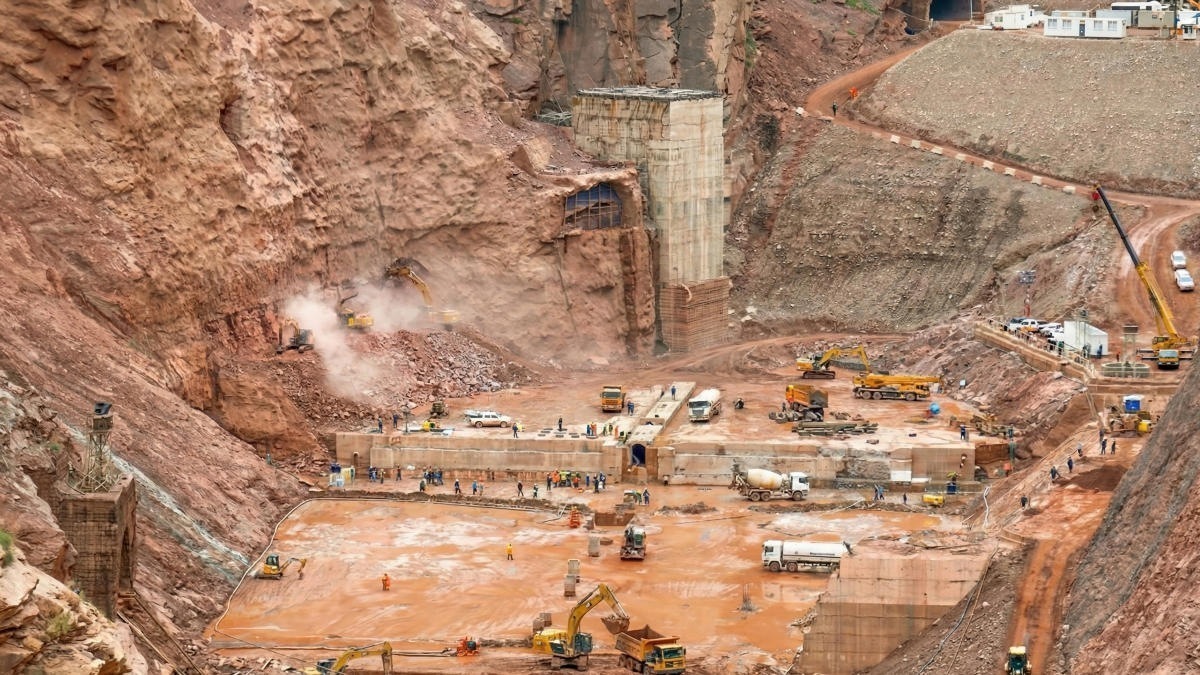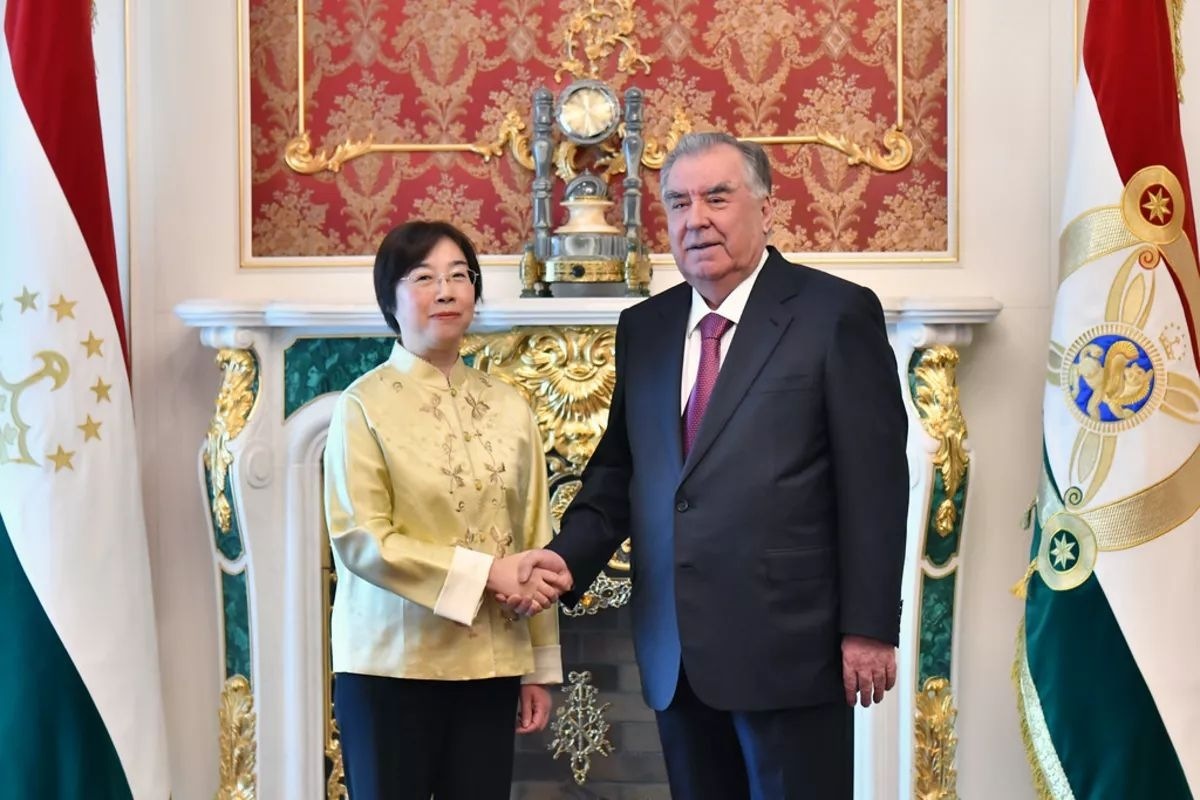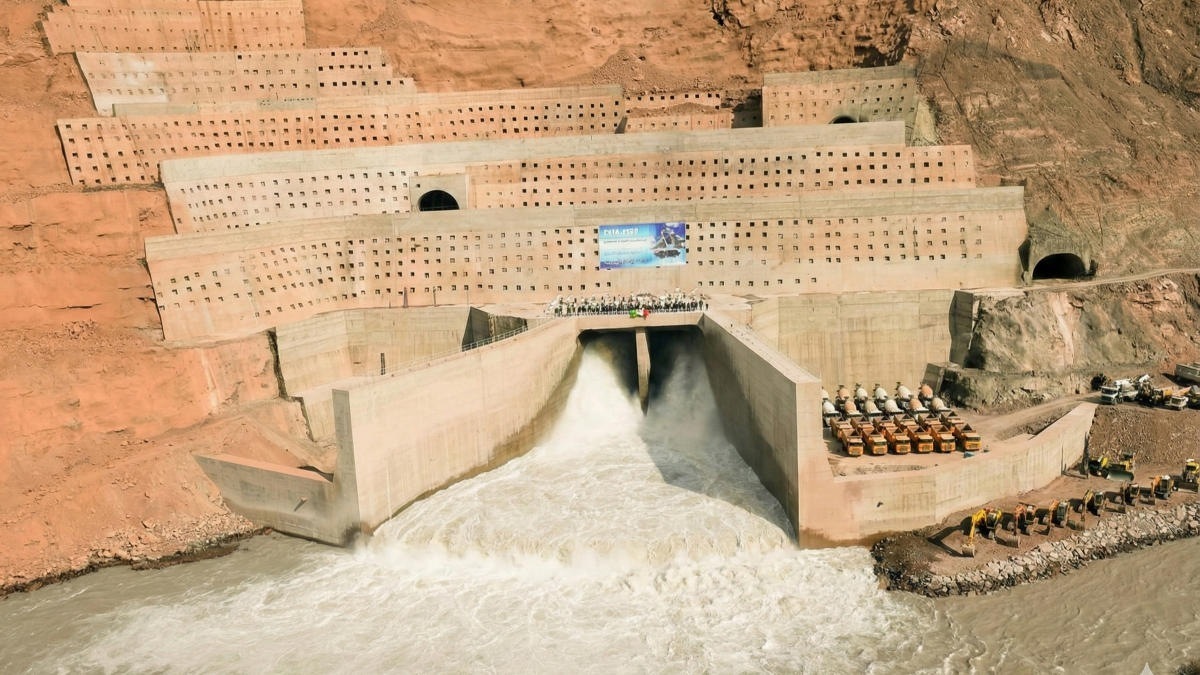A watchdog coalition is alleging that international lenders are indifferent to Tajik government efforts aimed at stifling public debate over the environmental impact of the massive Roghun Dam project.

In an open letter sent to top World Bank (WB) representatives, the watchdog coalition calls on the WB-led Roghun Coordination Group of international finance organizations to “show greater openness” in enforcing policies aimed at ensuring adequate stakeholder participation in infrastructure project development. Tajik officials, the letter states, have engaged in “unequivocal attempts to limit region-wide stakeholder engagement” concerning Roghun’s environmental and social impact, not just on Tajikistan, but all of Central Asia.
International lenders, including the World Bank and the Asian Infrastructure Investment Bank have already supplied a combined $15 million in funding for Roghun-related feasibility studies and other planning activities. The WB, AIIB and the European Investment bank have also pledged at least $200 million each toward the eventual construction of the dam, which has an estimated $6-billion price tag. Plans for the dam date back to the Soviet era; construction has proceeded spasmodically since the 1990s due to continuing financing uncertainty. If built to its envisioned specifications, Roghun would be the tallest dam in the world.
The watchdog coalition, which includes the regional non-governmental organization Rivers without Boundaries and the CEE Bankwatch Network, contends that an environmental and social impact assessment, based on World Bank-sponsored consultations conducted a decade or longer ago, are outdated. New assessments are needed to factor in rapid changes in Central Asia fueled by global warming, especially the rapid depletion of water supplies and the “rapid degradation of ecosystems” in the Amu Darya River basin.
“The reality is that since 2014, we have learned much more about the dynamics of climate change and efficient renewable energy sources,” states the coalition letter, dated January 18. “The potentially vast scale of trans-boundary impacts resulting from the development of the Roghun HPP project deserves the same scale of public discussions that was held in 2014.”
Stakeholder input concerning Roghun’s potential impact should not be limited to Tajikistan, but also include the participation of experts from other Central Asian states, according to the letter.






Leave a Reply